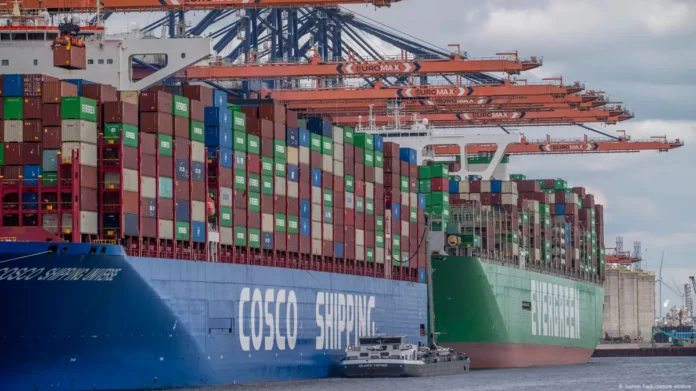The need for a swift tariff solution between the United States and Germany is growing more urgent. German Finance Minister Lars Klingbeil stressed this point in a recent interview, emphasizing the shared interest that both countries have in resolving the ongoing tariff dispute quickly.
Tensions escalated after U.S. President Donald Trump announced plans to impose a 50% tariff on goods imported from the European Union. The tariff was set to start on June 1, and it reignited concerns after a brief period of easing. Germany, the EU’s largest exporter to the U.S., sent goods worth 161 billion euros ($183 billion) last year alone.
Klingbeil reminded audiences that tariffs harm both the U.S. and German economies. He encouraged all parties to avoid provocation and focus on finding a swift tariff solution. According to Klingbeil, cooperation benefits both of the nations. He highlighted U.S. data showing that the dollar’s value and bond levels indicate a mutual interest in working together.
The White House had earlier paused most tariffs introduced in April, which targeted nearly all countries. Those tariffs caused significant sell-offs in U.S. assets, including government bonds and the dollar itself. Despite the pause, the U.S. kept a 10% tax on most imports and reduced tariffs on Chinese goods from 145% to 30%.
If the U.S. implements the 50% tariff on EU imports, consumer prices will also increase. German exports affected would include cars, pharmaceuticals, and machinery, critical sectors for both trade and consumers.
Given these stakes, experts and officials stress that a swift tariff solution is vital to prevent economic harm on both sides. The trade conflict risks damaging strong economic ties and disrupting global markets. As negotiations continue, both Washington and Berlin appear motivated to resolve their differences soon.
For more updates on this story and more, visit DC Brief.


